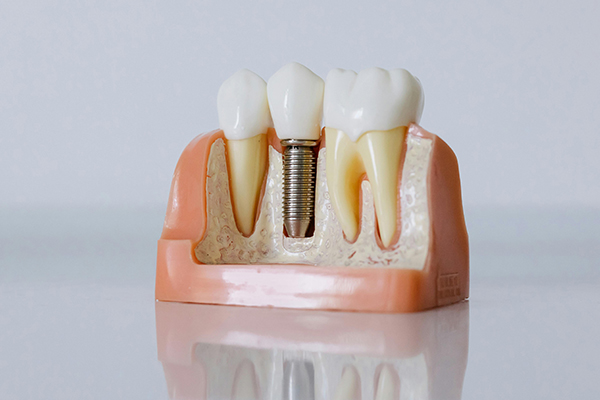
Dental implants have revolutionized the field of dentistry, offering a long-term solution for missing teeth. Unlike traditional dentures or bridges, implants provide a more natural look and feel, along with improved oral health benefits. This comprehensive guide will delve into the benefits of dental implants and how to care for them, ensuring their longevity and functionality.
